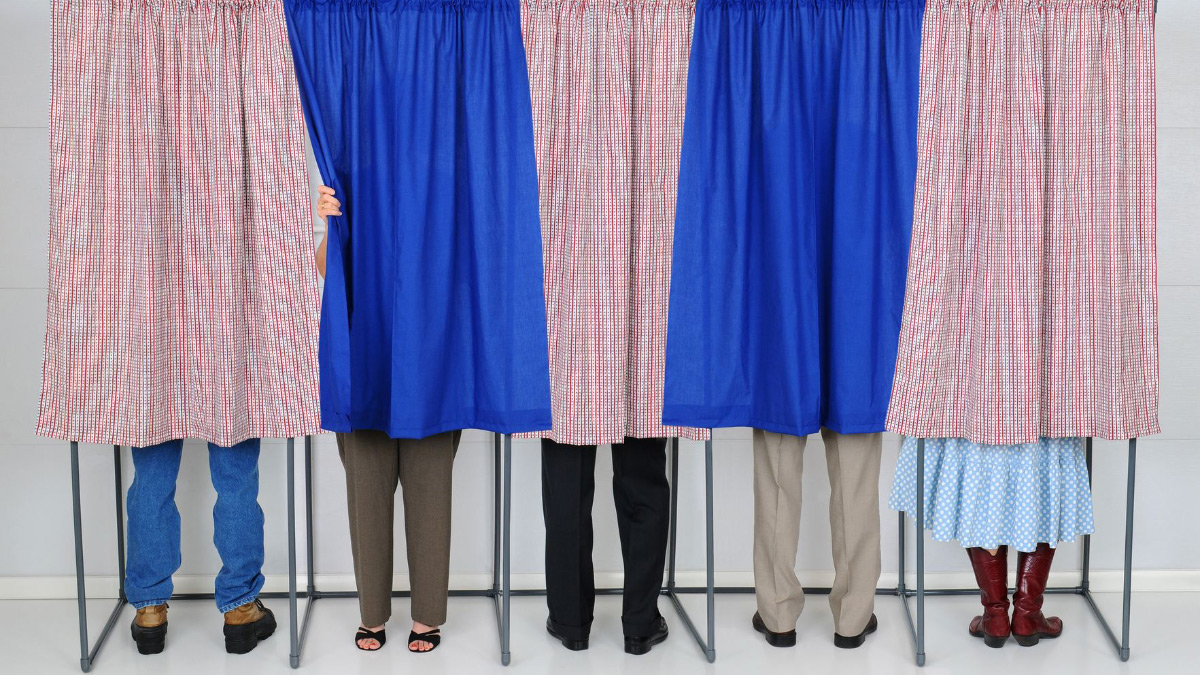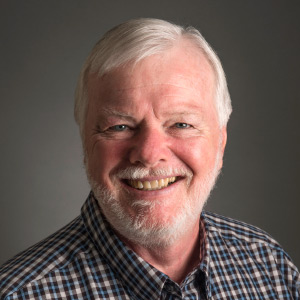The meat-grinder politics beginning with the 2016 campaign has triggered proposals to rescue us from a crisis of democracy. At least two authors—Jason Brennan, in Against Democracy and Dambisa Moyo, in Edge of Chaos—have suggested that letting more knowledgeable citizens’ votes count more might be a useful reform.
Both trace democracy’s problems to voter ignorance. However, its cause is largely that an individual casting a better-informed vote will not change the political outcome, providing them essentially no such payoff for such efforts. And weighted voting would do little to improve that problem, while imposing severe implementation issues.
Allocations of extra voting power would not escape political calculation and control. That omni-interventionist government would be able and willing to do that even-handedly is beyond belief. Further, it doesn’t fix voters’ incentives.
Say you got a double vote. There is still an insignificant chance it vote would swing an important election. It still offers no payoff. Little would change even if some got 100 votes. And any expansion of “informed” voting power further dilutes the incentives of other voters.
Weighted vote advocates also misidentify voter knowledge as the crucial question. More political knowledge does not eliminate bad government policies. That can just as easily be used to advance one’s own interests at others’ expense (experts promoting a wrong answer in the “right” direction) as to advance the “general welfare.” Given how frequently “experts” have driven policy failures, giving them more votes could easily worsen results.
Major improvement requires something very different, beginning with the recognition that few decisions beyond mutually protecting our rights need be shared in common, subject to political determination.
We need not agree on what to eat or wear, where to work or live, how we will be educated or get from point A to point B, who to associate with, ad infinitum. Consequently, the main way we could improve democracy is to remove the vast array of choices that need not be shared from political determination, rather than dramatically change voting. When individuals make their own choices with their own resources, they make far better informed decisions, and take the many forms of government theft that now dominate democracy (despite violating universal moral rules) off the table.
This reflects several ways political democracy falls short as an ideal. To be ideal, it would avoid violating individuals’ established rights. It would be responsive; individuals’ votes must matter. It would provide incentives to think carefully about policies and resist dishonesty and misrepresentation. It would also be limited in scope, as no one wants every issue concerning them subject to majority determination.
Not only do government policies routinely violate some citizens’ rights, such violations are often the main driver of policy (e.g., price controls), despite eviscerating its central function of defending existing rights.
In democracy, virtually no one’s vote changes the results. Further, binary yes/no or A/B votes leaves voters far from power to effectively exercise their desires.
Politics also imposes surprisingly few constraints on dishonesty and misrepresentation. Beyond greater “customer” ignorance, there are no truth-in-advertising laws, money-back guarantees or effective warrantees. The product is hard to evaluate and there are always plausible-sounding excuses for why promises fail to materialize. There is frequently only one “electable” competitor to keep you honest, and that is often only during elections.
In political democracy, a majority can also force its preferences on any issue upon all those who disagree. That is why our founders adopted constraints on majority abuse, such as limited, delegated powers and the Bill of Rights. However, those constraints have largely been undermined today.
Free market capitalism, which reflects democratic self-government, represents a far better ideal for decisions which need not be in common.Its system of exclusively voluntary cooperation based on self-ownership requires that property rights be respected; no majority can violate owners’ rights. Individuals’ dollar votes change their outcomes, even when their preferences are not the majority’s preferences, generating the further advantage of making them far better informed about choices. There also are more mechanisms providing honesty and accountability.
Rather than major modifications of voting, a strong argument can be made that a superior form of democratic reform is to remove the huge number of decisions and policies we need not share in common (those going beyond the protection of our mutual rights) from government dictation, and let people exercise self-government, protected by their inalienable rights.








